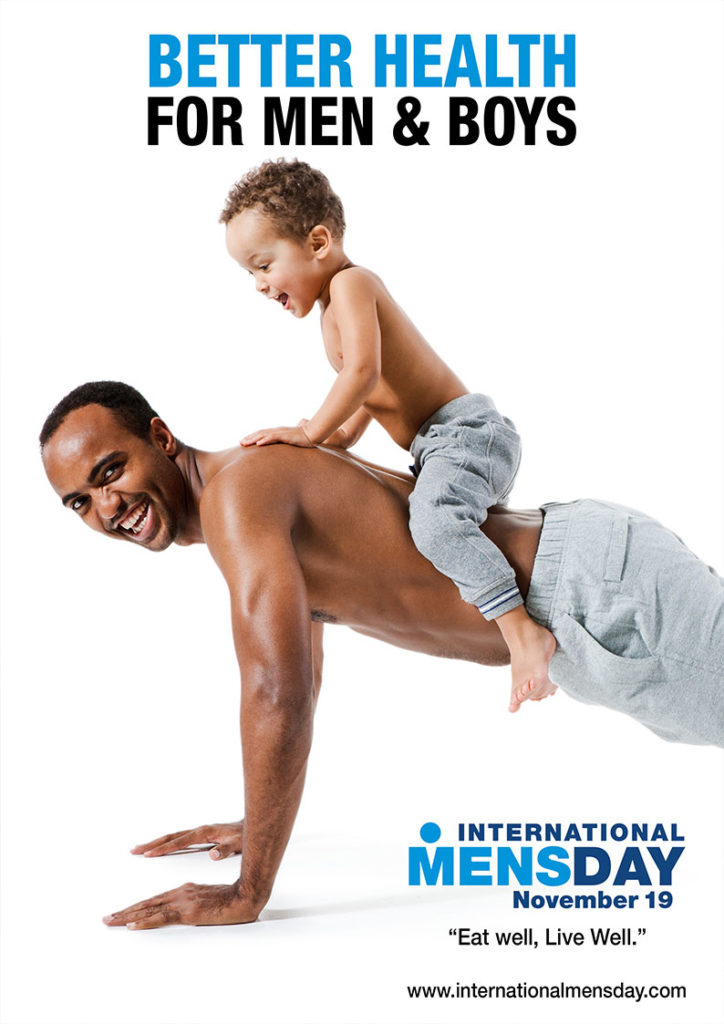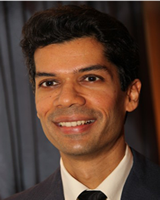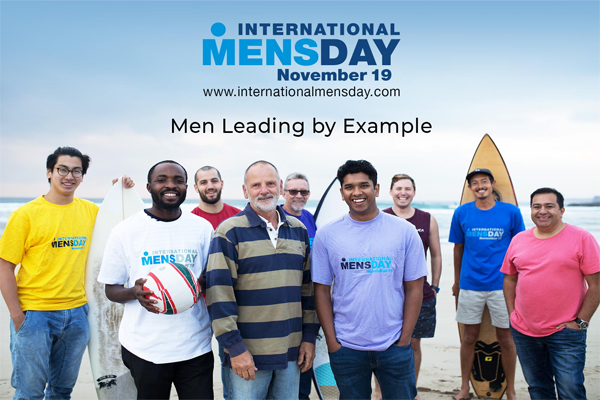Today, on 19 November, we celebrate International Men’s Day (IMD), during the month of Movember.
The day aims to highlight diverse positive role models in our communities and raise awareness of men’s health and wellbeing. The campaign also wants to improve gender relations and promote gender equality not only for men but for women too. This year’s theme for International Men’s Day is ‘Better Health for Men and Boys’.
The event has been running for a number of years and many charities run awareness campaigns around it. International Men’s Day also seeks to address many different issues surrounding mens mental health. This is supported by men, women and organisations in over 60 countries across the globe. In the UK, the focus of the International Men’s Day aims to raise the awareness of:
- The high male suicide rate across the world.
- The educational challenges that face both men and boys at all stages of life.
- Men’s health, their shorter life expectancy and the fact that they suffer from workplace deaths at a much higher rate than women.
- Male violence, and the fact that males are also victims to things such as rape, sexual exploitation and domestic violence.
- The challenges faced by men as parents, especially as single parents or parents that do not have a good relationship with the Mother of their children. There is also focus on father’s rights.
- Male survivors of violence or abuse, including domestic abuse.
- The negative portrayal of men in the media and beyond. This includes male stereotypes that are used by well-known brands in advertising campaigns.

By including all men and boys in the conversation, we can help to highlight the challenges faced by trans, Black, disabled and queer males and create much-needed space to support and uplift all men and boys everywhere.
BACKGROUND TO INTERNATIONAL MEN’S DAY
Dr Jerome Teelucksingh, a doctor from Trinidad and Tobago, founded International Men’s Day back in 1999. “I started the movement after I realised there were days designated to women and children, but apart from Father’s Day, there was nothing more for men. And not all men are fathers,” he noted. The date 19th November coincides with the day that USA played against Trinidad in the 1989 World Cup qualifier.
“The day stands out because although we lost the game, it was a day that we were all united,” Dr Teelucksingh recalled. “More importantly, it’s also my dad’s birthday, a great role model for the family and the community. One of the main aims of the day was to celebrate positive and inspiring male role models doing good work and providing guidance in our very own communities. I also wanted to provide our children with other male role models other than those from Hollywood or Bollywood and sports stars to look up to.”

CELEBRATING DIVERSE MEN & TACKLING STEREOTYPES
Not only does IMD aim to celebrate positive every day male role models, another of its main aims is to celebrate gender equality, as this year’s theme “Better relations between men and women” illustrates. The day also aims to celebrate the diversity of men. “I felt there was a need for a focus on the diversity of men, which would include all men are men of different sexualities, different diverse backgrounds, different religions and different classes. We continuously get approached by many men from the LGBTQ+ community who have been unfairly treated (both at work or in their community), and urge us not to forget them in our campaign,” highlighted Dr Teelucksingh.
He wants the day to highlight tackle male stereotypes and the challenges faced by all men, be they queer, Black, White, disabled, fluid, etc. In essence International Men’s Day aspires to celebrate male diversity to remind us that men, like women, don’t have to be imprisoned by stereotypes, and that they too can be vulnerable. Men, like women, are diverse; and gender fluidity is increasingly challenging the very notion of binary gender divisions and what a ‘man’ is supposed to be.
However, the day has had its fair share of controversy, and over the years many planned Men’s Day celebrations have been cancelled or banned. Dr Teelucksingh attributes this to “alpha male groups with their own extreme agendas jumping on the bandwagon, and confusing the cause for the public, and ultimately sabotaging the main aims of the day”. He believes this led to feminist groups and others, wrongly viewing the day as a backlash to International Women’s Day. However, last year’s focus on gender equality, as well as the men’s health aspect helped the movement gain traction and much-needed support.
INTERNATIONAL MEN’S DAY OBJECTIVES
IMD encourages men to teach the boys in their lives the values, character and responsibilities of being a man. Mahatma Gandhi said, “We must become the change we seek.” It is only when we all, both men and women, lead by example that we will create a fair and safe society which allows everyone the opportunity to prosper, according to IMD.
The six pillars of International Men’s Day, include:
- To promote positive male role models; not just movie stars and sports men but every day, working class men who are living decent, honest lives.
- To celebrate men’s positive contributions to society, community, family, marriage, child care, and to the environment.
- To focus on men’s health and wellbeing; social, emotional, physical and spiritual.
- To highlight discrimination against men; in areas of social services, social attitudes and expectations, and law.
- To improve gender relations and promote gender equality.
- To create a safer, better world; where people can be safe and grow to reach their full potential.
PRIORITISING MEN’S HEALTH
Dr Teelucksingh believes International Men’s Day is back on track to achieve all those objectives and more. He wants to promote equality and prioritise men’s health more – that includes mental, physical, emotional and spiritual health aspects. In fact, men’s health is an issue that Dr Teelucksingh, has been concerned about since the start of his campaign. He believes that the focus on health between the sexes is not equal. Until more recently, there has been “a lot more focus, support and funds dedicated to women’s health and other groups, to the detriment of men”.
Given the escalating rates of male suicide worldwide, and rising deaths from prostate/testicular cancers, men’s health is an issue that the campaign will focus more on in the coming months and years. Dr Teelucksingh said a bolder, global project focusing on this very aspect is in the pipeline, so watch this space.
Click here for more information on International Men’s Day.






































